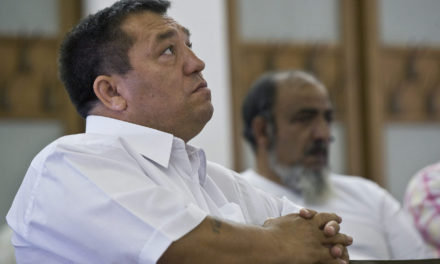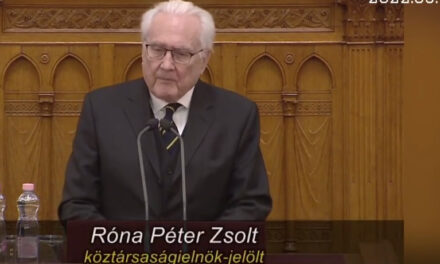The sanctions introduced in the European Union against Russia may be on the table again, the result of the national consultation is a major confirmation for the Hungarian government during its negotiation, said Dániel Deák, a political analyst speaking to our newspaper, who emphasized that the foreign-funded and serving foreign interests a left-liberal side cannot be counted on in this struggle.
Dániel Deák, the XXI. The leading analyst of the Század Intézet sees that the rest of January will be about the fight against the failed Brussels sanctions. The Hungarian government, by summarizing the results of the national consultation, received serious support from the Hungarian society in order to represent the anti-sanctions position during the EU negotiations.
"The number of people completing the consultation is much higher than the voting base of any left-wing party, and the 97 percent response pointing in one direction is a very clear position on the part of Hungarian society. All of this is extremely important because the EU legislation, which has brought together all nine sanctions circles, expires on January 31st, so Hungary will have the opportunity to change the EU's sanctions policy at that time," said the analyst, who emphasized that the foreign-funded and foreign-interested the left-liberal side cannot be counted on in this struggle, they have been pro-war and pro-sanctions since the outbreak of the war.
"Last week, Gergely Karácsony visited Ukraine, where he declared: this war is not only a war between Russia and Ukraine. This is eerily similar to what Péter Márki-Zay said during the election campaign, according to which Ukraine is fighting our war. All of this is a good indication that the dollar left, in accordance with the expectations of their clients, is interested in our country being more involved in the conflict than it should be. This clearly goes against the Hungarian national interest and the expectations of the Hungarian society, which is pro-peace and wants our country not to be involved more than necessary in the war conflict. 80 years after the Don disaster, this is an understandable reaction from Hungarian society, they don't want our country to be part of a war conflict again," stated Dániel Deák.
"At the same time, Hungary has built up serious financial reserves in recent months, the country's foreign exchange reserves are at a historic high, thanks to which the exchange rate of the forint has also stabilized. In addition, thanks to the unusually mild weather, in recent weeks Hungary has already saved more money on gas costs than the amount of money withheld by the European Commission. All of this gives the Hungarian government considerable room for maneuver, which is why Viktor Orbán was able to say in his radio interview on Friday that Hungary will not give up!" Dániel Deák concluded his evaluation of the most important events of the week.
Source and full article: Magyar Hírlap
Featured image: XXI. Century Institute













